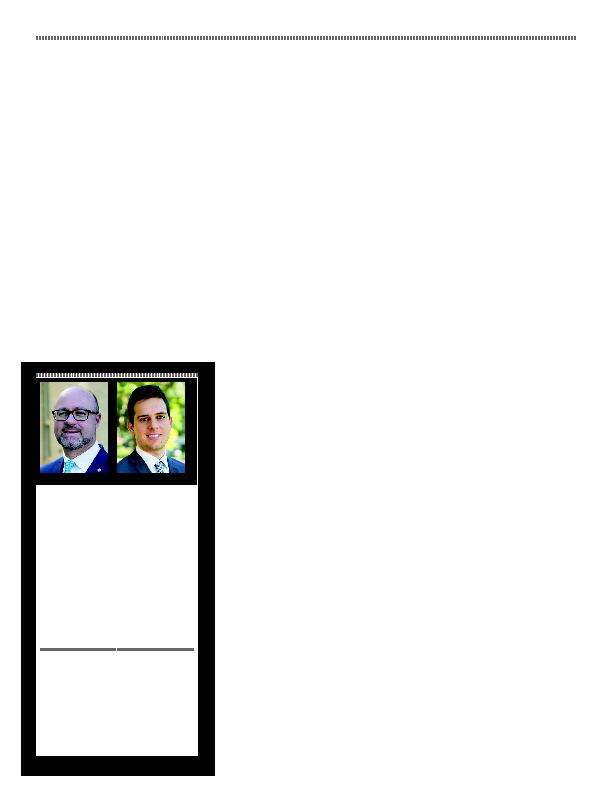
in the Asia Pacific Region?
currently reviewing their laws relating to
protection of whistleblowers both in the
public and corporate sectors.
For a long time, Australia has been the
subject of criticism for the weakness of its
whistleblower protections, including that
existing protections are "overly narrow"
and make it "unnecessarily difficult" for
whistleblowers to make protected disclo-
sures.
Transparency International in 2014, found
the private sector is lacking, despite hav-
ing comprehensive protections for public
sector whistleblowers.
ruption laws and growing domestic and
international pressure for reform, as well
as Australia's reputation as a transparent
and low-corruption business and regula-
tory environment, there is every chance
that Australia will seek to lead the way
in the region by spearheading a reform
to strike a balance between protecting
whistleblowers, disincentivizing corrup-
tion, and protecting legitimate corporate
confidentiality.
anti-corruption and bribery, the Australian
Federal Government has stated its focus
to combat corporate misconduct through
the introduction of stronger whistleblower
protections and compensation schemes.
The Australian Federal Parliament
has referred an inquiry in relation to
protections for whistleblowers to the Joint
Parliamentary Committee on Corporations
and Financial Services. The Committee's
report is expected by mid-August 2017.
Corporate Legislation
been brought to light due to whistleblow-
ers' making disclosures in Australia.
The most notorious scandals are the
underpayment of 7-Eleven employees by
franchisees, which has resulted in $110
million compensation, and an investiga-
tion into the questionable financial plan-
ning advice given by the Commonwealth
resulting in $29 million compensation
being paid to victims. In both instances,
existing legislative protections have been
criticized for their failure to offer suffi-
cient protection to the whistleblowers.
The weaknesses of Australia's current
system has been highlighted by the media
which has reported that Jeff Morrison,
the key whistleblower who brought the
Commonwealth Bank's financial advice
scandal to light, lost his job and endured
death threats. That narrative may have
been different if Mr. Morrison was able to
make an anonymous disclosure and there
had been adequate legislation to compen-
sate and protect him from reprisal.
in order for a whistleblower to make
a protected disclosure, the following
requirements must be met:
1. the whistleblower must be a current
company;
protected);
Commission (ASIC), the company's
auditor or to specified officers of the
company;
staff of an organization have breached
a relevant provision of the legislation.
ment division of HHG Legal Group. Since 2003,
Murray has developed and led HHG's success in
construction law, insolvency, employment, trusts
and estate litigation and corporate/commercial
dispute resolution, including in relation to cross-
border disputes. He has a particular interest in
private international law and jurisdiction disputes.
HHG Legal Group. Jordan has worked with the firm
since 2014 and has been admitted to the Supreme
Court of Western Australia.
Level 1
16 Parliament Place
West Perth, Australia 6005
jordan.hurley@hhg.com.au
hhg.com.au